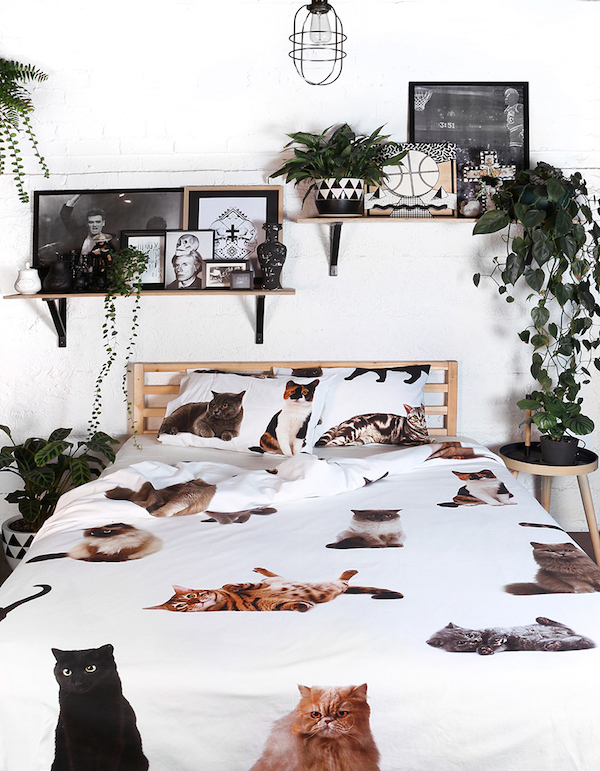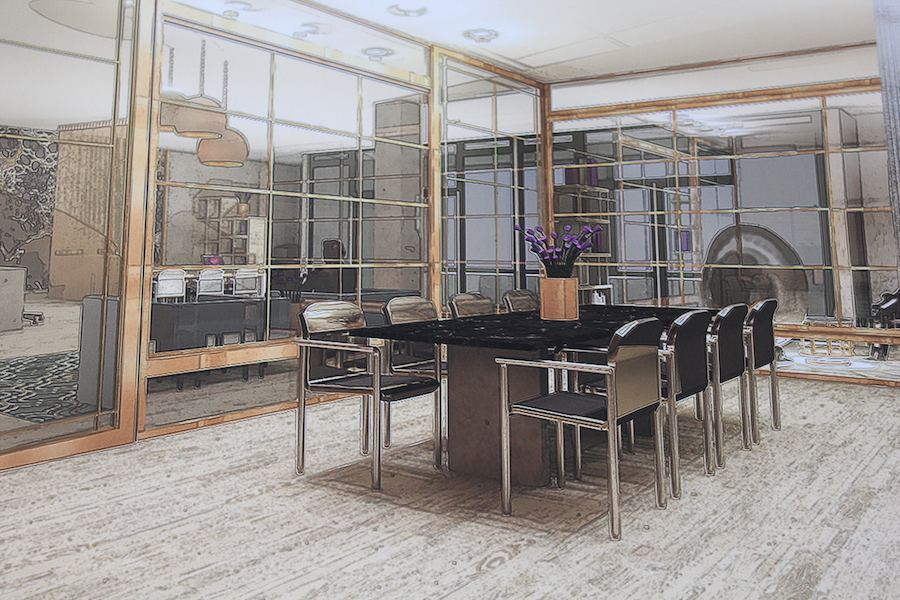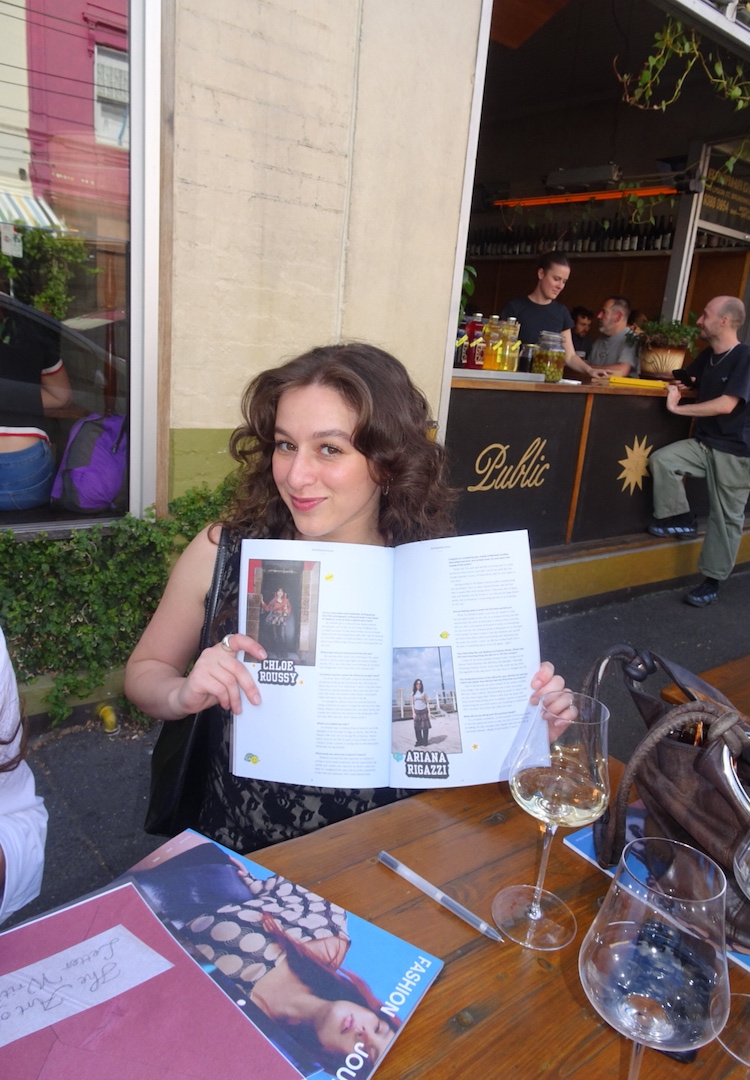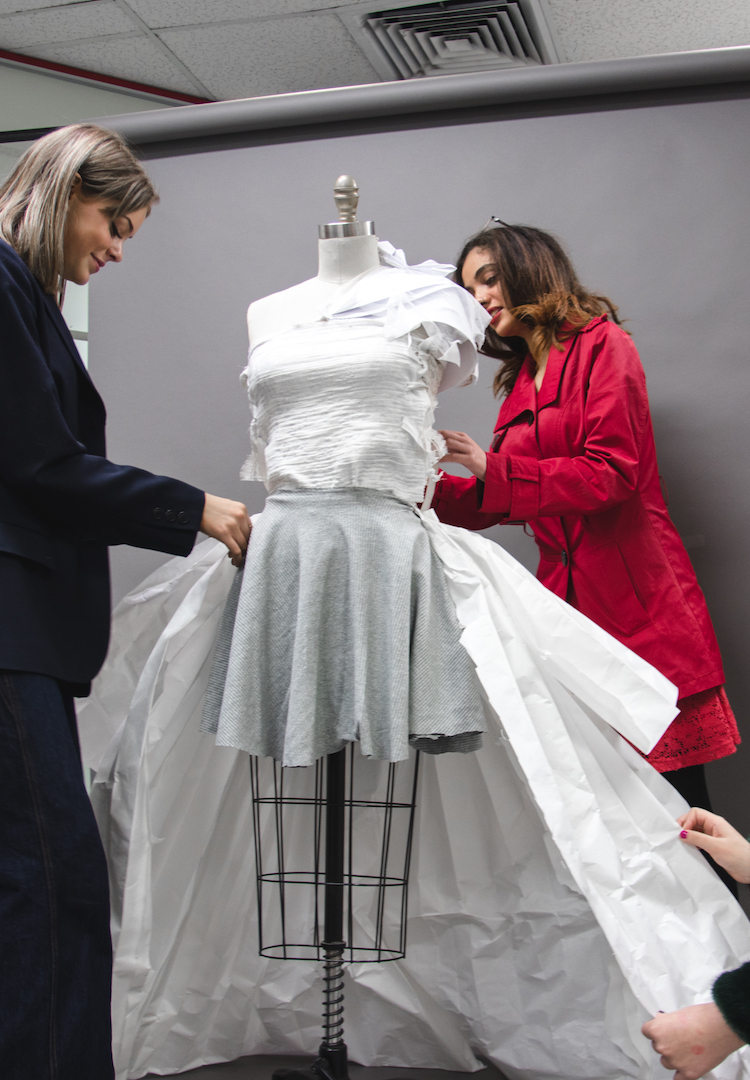Question: Do you actually need to study interior design?
Why it may be worth heading to design school.
During high school, I toyed with the idea of interior design. As a self-confessed Lifestyle Channel addict, this should come as no surprise. Unfortunately, the apparent ‘cutthroat’ nature of the industry (as drilled in by my high school teachers) was enough to scare me out of ever applying for a course.
Point is, sure, we all know interior design is competitive. But why let that stop you from going for it? If you’re seriously considering becoming the next Shaynna Blaze, then you should probably take some time to investigate your education options. Because making it in the industry requires a lot more skill than just the ability to match a paint sample to a rug.
We chatted to Whitehouse Institute of Design graduate, Mark-Brian Nolasco, to get some insight into what you actually learn from interior design school and why it’s worth going.
Drafting skills
No, the most important skill for an interior designer is not an understanding of seasonal paint shades. According to Mark, it’s drafting. Drafting can be highly technical, involving specialised drawings, sketches, models and working out mathematical specifications. If it sounds complicated, it’s because it is. But the right degree will equip you with the ability to prepare these industry-standard plans and layouts. You’ll also get a handle of building laws and regulations, necessary if you want to be successful in this field.
Part of an interior designer’s job is also to communicate with other specialists working on a project. Drafting ensures all your specifications are clearly laid out and understood by those people.
In Mark’s words, it leaves you with “the ability to both read and draw up a full document set, so you’re able to communicate with tradespeople, engineers, and other designers.”
The ability to give a killer pitch
Hate to break it to you, but if you want to be a good interior designer, you need to nail your sales skills. The job requires you to be able to clearly break down and represent your ideas, and sell them to the client. You’ll also need to answer questions clearly on the spot and be confident enough to convince your client you’re the (wo)man for the job.
Interior design school will help you with that.
“By the time you present your project you’ll be able to discuss anything and everything about it,” says Mark.
“My presentations became more of a conversation about a subject that I’m passionate about, which reassures clients that I have an extensive knowledge in what they are investing in.”
The chance to partake in some pretty cool experiences
If you plan on making it in the design industry, you’ll want to get a leg up wherever possible. We’ve said it before and we’ll say it again: experience is key. The beauty of pursuing a formal education is that you’ll have access to countless opportunities – tutorials, competitions, internships and work experience – that you probably wouldn’t otherwise hear about.
“I had the opportunity to do work experience under Australian and international designers, which would probably be the highlight of my studies,” says Mark.
“I’ve worked for Vivid Live; collaborated with Workshopped exhibitions for Indesign Sydney; interned as an interior stylist for MSQUARE Productions; and attended so many design events across Sydney, because of Whitehouse’s connections.”
Invaluable industry expertise
Think of design school as one big networking opportunity. Your professors, fellow students and tutors are all handy to have on your contact list. You never know who’s friends with who (and who may just have that contact for your dream job). It’s also a great chance to rub shoulders with people who have actually made it in the industry and can give you real life advice.
“It was truly amazing to have guest lecturers in nearly every week, that have made it in the industry, to share tips and their experience,” says Mark.
“The courses at Whitehouse helped prepare me to enter the industry with a full understanding of how to market myself as a graduate designer and the things I needed to do to get my foot in the door.”
Business skills (to pay the bills)
As much of the industry is made up of freelancers (hence the point about pitching above), a successful interior designer needs a grasp on how the industry and business works. According to Mark, interior design school holds this aspect in high regard and in turn, adequately covers in the curriculum. One such component of the Bachelor of Design degree is business studies, which allows students to explore the nature of the industry.
“It taught us how to research and analyse the market we were entering, and how to position ourselves as an individual or freelancer in a tough industry,” explains Mark.
“Being able to create a business plan for yourself can pinpoint what sets you apart from other designers. Business is such an important part of a designer’s career. To have the opportunity to be taught the basics of business was so rewarding for me, especially as I became a freelance designer and contract kitchen designer.”
You can see what Mark’s been up to since he graduated here. And if you’d like to know a little more about studying, you can read about Whitehouse Institute of Design’s Bachelor of Design course here. Applications are still open for mid-year intake (starting September 12).












